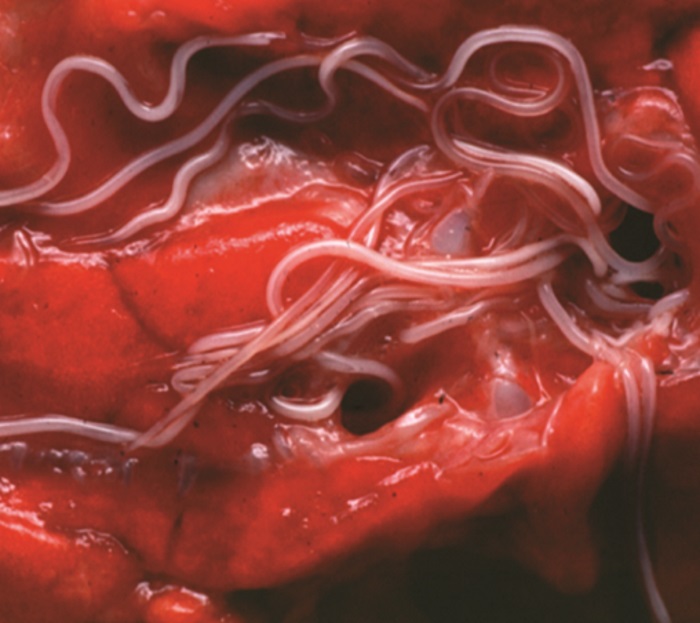Feedback from cattle farmers during the 2016 grazing season suggests lungworm (husk) disease outbreaks are becoming more prevalent and unpredictable.
An independent survey last year found that 40% of 202 dairy farmers interviewed had heard cattle coughing at grass. A third of milk producers (35%) said that they had had lungworm confirmed in their stock at some point over the last three years.
More concerning was the age group spread for the lungworm incidence. As might be expected, half the disease outbreaks were reported in dairy youngstock during their first grazing season, but 40% occurred in second season grazers and even 38% in adult cattle. This suggests animals are simply not developing lifetime immunity to this debilitating disease anymore. Nearly two thirds of the lungworm cases (60%) were reported in the autumn and just over half (54%) in the summer (some farms reported cases in the summer and the autumn).
According to MSD Animal Health veterinary adviser Paul Williams, planning husk control strategies for youngstock prior to their first grazing season makes sound financial sense. But relying on wormers alone doesn’t really allow the animal to develop its own natural immunity, he says.
“Lungworm infestation occurs as a result of infection with the worm Dictyocaulus viviparus. Cattle develop it after eating grass contaminated with infective larvae. Once in the gut, the larvae migrate through its wall to the lungs where they begin laying eggs after several weeks. A spell of mild, wet weather can create a sudden, dramatic increase in lungworm populations, which can be very harmful, even fatal, to any stock that have little or no immunity. That’s why vaccination is so critical,” says Mr Williams.
Bovilis Huskvac is a live vaccine, made from irradiated larvae, which are incapable of causing disease. For dairy calves, vaccination should be completed at least two weeks before the calves are turned out to grass. For suckled calves it should finish two weeks before the calves begin to eat significant amounts of grass. Wormers should not be given until two weeks after the final dose of vaccine.
“The vaccine produces a very good immune response against disease but it does not prevent all worms from natural infections completing their life cycle. This allows for the continued development of natural immunity, which often fails to occur where there is an over-reliance on wormers,” says Mr Williams.


